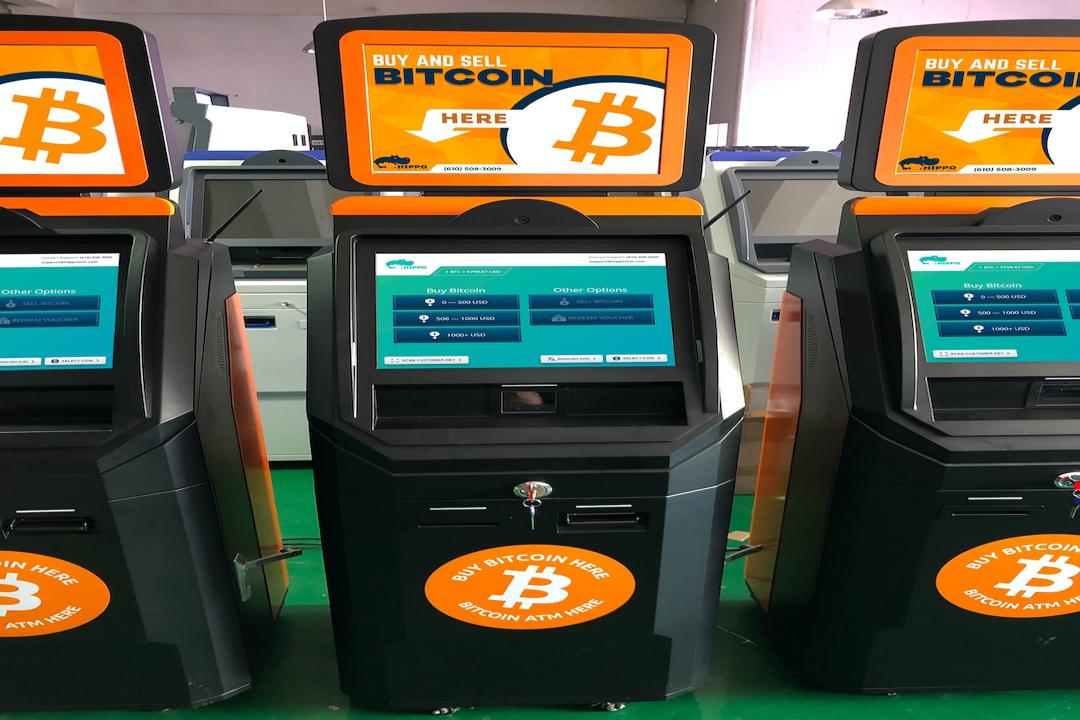Cambodia’s Central Bank Governor is optimistic about the potential of digital currency to increase the use of the country’s fiat currency, the Riel. Chea Serey, in an interview at the Nikkei’s Future of Asia conference, discussed the current state of Cambodia’s currency system and its future prospects. While over 80% of the country’s economy still relies on the US dollar, the government is making efforts to encourage the use of the Riel in local transactions.
Serey highlighted the growing popularity of the Central Bank Digital Currency (CBDC) Bakong, which has facilitated $70 billion in digital payments since its launch in 2020. This figure is roughly double Cambodia’s GDP. Domestic Bakong transactions can be conducted in both Riel and US dollars, but the Riel accounted for $20 billion of the total in 2023, surpassing the previous year’s value.
The Governor emphasized the role of cross-border transactions in promoting the use of the Riel. Bakong enables QR code-based payments between Cambodia, Thailand, Laos, Vietnam, and China’s UnionPay. These cross-border payments exclusively use the Riel, requiring Cambodian citizens to have a Riel Bakong account for transactions with neighboring countries. Similarly, Thai tourists can only make QR code transactions in Cambodia if the merchants accept Riel.
Bakong stands out from other CBDCs as it is backed by both the Cambodian Riel and the US dollar, providing stability and broad usability within Cambodia’s dual-currency system. This unique feature facilitates smoother transactions and financial integration.
Cambodia is not alone in exploring CBDCs to strengthen its fiat currency. Hong Kong’s central bank launched a wholesale CBDC in March 2024 to support tokenization and enhance the city’s financial strength. Additionally, the South Korean central bank is expediting its CBDC project to test the digital Korean won by the end of 2024, evaluating its usability and deposit function.
Cambodia’s central bank governor also revealed plans to initiate cross-border payments using Bakong CBDC with India as early as June 2024. The bank is also exploring collaboration with Japan, aiming to leverage the technical expertise and innovations of technologically advanced countries to enhance Bakong’s functionality and appeal. This collaboration could improve the efficiency, security, and user experience of the payment system, making the Riel more attractive to both domestic and international users.


